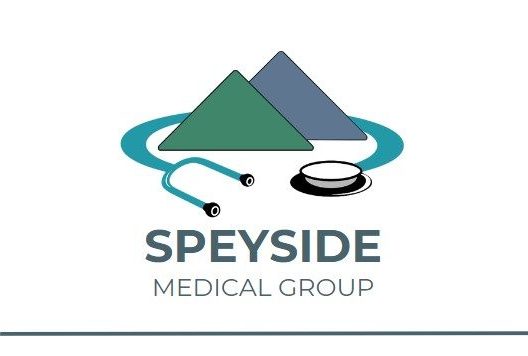Sorry, we're closed

Zero Tolerance
Spring 2025 COVID-19 Vaccination Programme
Starting 31 March 2025, the following groups are eligible for a spring COVID-19 vaccine:- Individuals aged 75 or over.
- Residents of care homes for older adults.
- Individuals aged 6 months and over with a weakened immune system.
- The winter 2024/2025 COVID-19 & flu vaccination programmes have concluded.
- Eligible individuals will receive an invitation to book an appointment.
- Digital invitations (text or email) will be sent to those who have opted for digital communication.
- Postal invitations will be sent to those who have not opted for digital communication.
Free Products
Life Threatening Emergency Call - 999
Non-NHS Services
General Information
Some services provided are not covered under our contract with the NHS and therefore attract charges, this service can only be provided to patients that are registered at the practice.
Fees for Non-NHS services are standard practise amongst all independent GP contractors and although we cannot annotate all charges, examples of the types of Non-NHS services include the following:
- Medicals for pre-employment, sports and driving requirements (HGV, PSV etc.)
- Insurance claim forms
- Prescriptions for taking medication abroad
- Private sick notes
- Vaccination certificates
The fees charged are based on the British Medical Association (BMA) suggested scales; and our reception staff will be happy to advise you about them along with appointment availability. Please remember that non-NHS services are a second priority and we try to turn requests around within 28 days – but this is not always possible.
Disclaimer
Aberlour Medical Practice reserves the right to update the non-NHS fees without warning.
Practice administrative staff must:
- Check all relevant paperwork is provided
- If a fee hasn’t already been set, formal notification of the doctors proposed fee and any further terms and conditions relating to the completion of the report should be communicated and agreed by both parties
- Check that the patient has signed consent if appropriate
- Log the arrival of the document in the practice system
- Search patient notes and marry up with the information request
- Allocate to the GP
- Once the report has been completed ensure copies are made and kept within the Practice record system
- Complete payment claim form, log date of postage or report to relevant authority
- Chase the payment if appropriate
- Receive either payment schedule from requesting authority and reconcile with bank statement, or receive payable order or cheque and arrange banking.
GPs must:
- Assimilate contents of request, confirm patient consent has been granted to divulge if in order, and ascertain whether or not the Access to Medical Reports Act, Data Protection Act or Access to Health Records Act, applies.
- Read all GP notes, hospital letters and laboratory results contained within the patient record – this is to ensure, as far as possible, that the facts they certify in a report or certificate are correct.
- Produce an appropriate response, either in writing, typed directly onto electronic report template, or by dictation. Check and sign the final draft. Once signed, the report and any manual notes held should be returned to the administrator for copying and filing.
Opening Times
- Monday
08:00am to 06:00pm - Tuesday
08:00am to 06:00pm - Wednesday
08:00am to 06:00pm - Thursday
08:00am to 06:00pm - Friday
08:00am to 06:00pm - Saturday
CLOSED - Sunday
CLOSED





